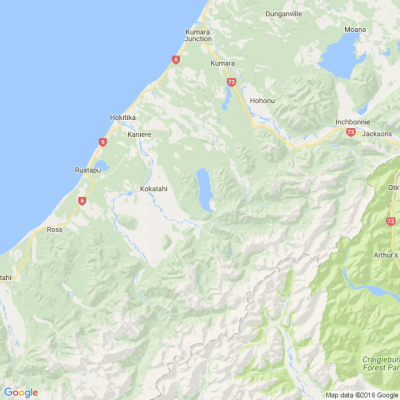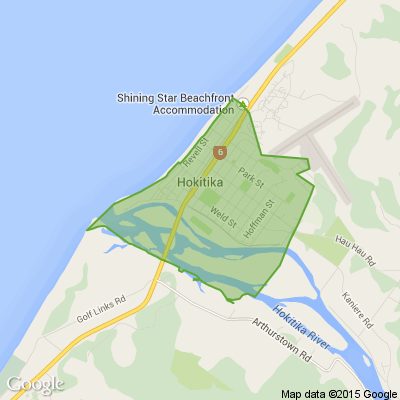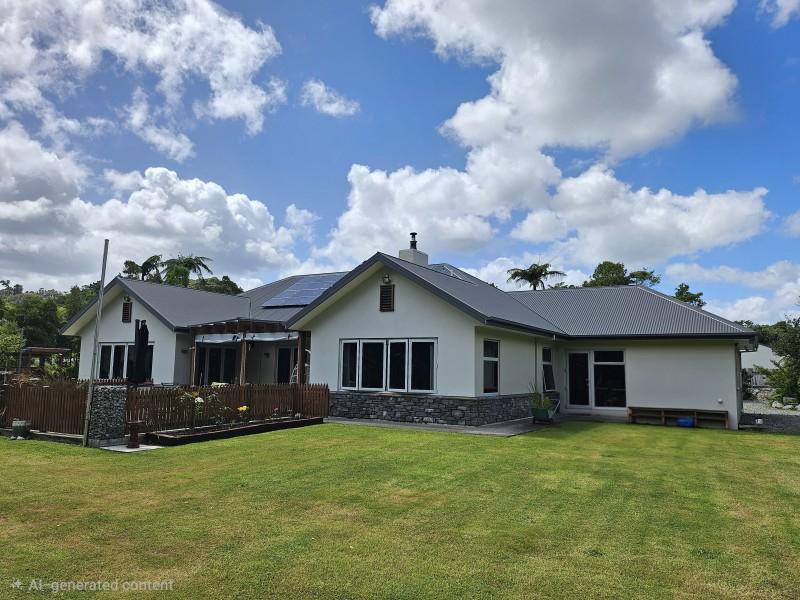West Coast councils defend use of closed-door workshops
By local democracy reporter Brendon McMahon:
A fresh call by the Ombudsman for council workshops to be open to the public by default has received a cautionary response on the West Coast.
Chief Ombudsman Peter Boshier made the demand following his investigation into the way some councils have excluded the public from meetings.
None of the West Coast's four local authorities were formally scrutinized by the review.
The investigation followed complaints about councils "undermining local democracy" by holding secret meetings.
Boshier dismissed some of the reasons councils gave for closed-door meetings -- including being able to ask "silly questions".
West Coast Regional Council risk and assurance chairperson Frank Dooley said there was "no such thing as a silly question" and it should not be "an excuse" for closing the door to public scrutiny.
Everyone had "a right to understand" council business, but workshops were useful to inform elected members for later formal decision making, he said.
"It's getting your ducks in a row," Dooley said.
However, the council had conducted seven closed door workshops on the council's next 10-year long-term plan alone this year. Some of those workshops lasted several hours.
"I don't think there is anything to be gained by having those workshops in the public forum because we've got to debate where we go [later] from a strategic point of view," Dooley said.
Although, he said there was "greater scope for communication" around the purpose of the workshops.
The Westland District Council's use of workshops has been contentious at times, since the local body elections in October 2022.
Westland mayor Helen Lash said she had been upfront about the need for them, while acknowledging council discourse should primarily be in public.
A closed meeting invariably fuelled poor perception, but it was not necessarily a case of "hiding anything," Lash said.
"I have not doubt there have been workshops around the country held to hide information. It's something I despise from my previous tenure at council."
But the new Westland council had required a high level of briefings after the local election.
Closed workshops had been mainly on the commitments made by the council's predecessor, and to guide new councillors in their governance role, she said.
"Primarily, workshops were to develop the skills of the new council."
Lash said they had been deliberately called "workshops" instead of "training days" because they provided context for future decisions on urgent issues, including a "state of play" on the district's assets.
At the same time, workshops helped avoid "quick, rash decisions" by council only based on a summary report or sketchy information provided just days before, she said.
"If you don't understand the detail behind it, to me it's irresponsible in making decisions."
Dooley said it was sometimes necessary to brief councillors informally, such as with the 2022-23 annual report.
"I think it's really important for councillors to go through the annual report and understand and ask questions on it before putting it into the public [domain].
"Some of the other workshops we've had have been really technical."
These included expert briefings on the Westport flood resilience scheme and the 10-year Waiho River Management Strategy.
The later briefing was prior to the public presentation to the Franz Josef community a fortnight ago.
This ensured "everyone understood" what was coming in order to respond to constituents, he said.
Poll: Should the government levy industries that contribute to financial hardship?
As reported in the Post, there’s a $30 million funding gap in financial mentoring. This has led to services closing and mentors stepping in unpaid just to keep helping people in need 🪙💰🪙
One proposed solution? Small levies on industries that profit from financial hardship — like banks, casinos, and similar companies.
So we want to hear what you think:
Should the government ask these industries to contribute?

-
59.5% Yes, supporting people is important!
-
26% No, individuals should take responsibility
-
14.5% ... It is complicated
A Neighbourly Riddle! Don’t Overthink It… Or Do?😜
Do you think you know the answer? Simply 'Like' this post if you know the answer and the big reveal will be posted in the comments at 2pm on the day!
If you multiply this number by any other number, the answer will always be the same. What number is this?

Have you got New Zealand's best shed? Show us and win!
Once again, Resene and NZ Gardener are on the hunt for New Zealand’s best shed! Send in the photos and the stories behind your man caves, she sheds, clever upcycled spaces, potty potting sheds and colourful chicken coops. The Resene Shed of the Year 2026 winner receives $1000 Resene ColorShop voucher, a $908 large Vegepod Starter Pack and a one-year subscription to NZ Gardener. To enter, tell us in writing (no more than 500 words) why your garden shed is New Zealand’s best, and send up to five high-quality photos by email to mailbox@nzgardener.co.nz. Entries close February 23, 2026.







 Loading…
Loading…





